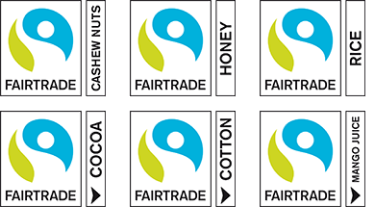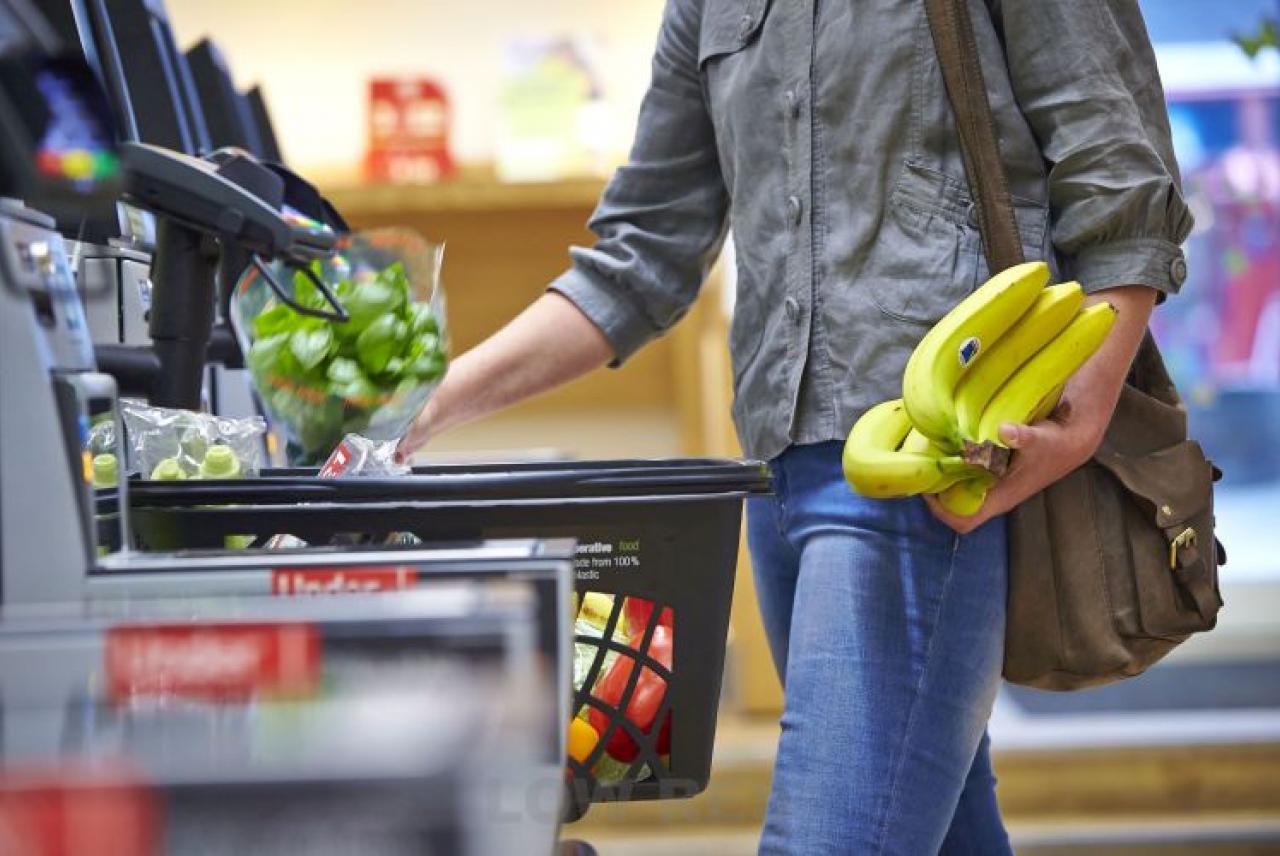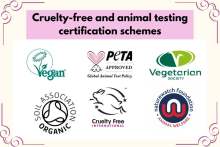What are ethical labels?
Ethical labels, such as Fairtrade, have emerged to help consumers identify products and companies making a wide variety of ethical claims. And new ones are springing up all the time.
They recognise products meeting certain criteria - for example paying a decent wage to workers or committing to certain animal welfare standards. However, they vary greatly both in terms of how high the ethical expectations actually are, and how robustly they are checked.
Beginnings and success
Ethical labels are also referred to as sustainability standards and certifications, ethical accreditation schemes, eco-labels or ethical supply chain certifications. They grew out of the successful boycotts movements in the late 20th century when companies began to ask what practical steps they needed to take to comply with campaigners' demands.
The FSC label, for example, emerged when groups calling for a boycott of unsustainable timber, and after campaigning outside retailers’ stores, sat down with the companies to talk.
Now, ethical labels are everywhere. In 2022, the Ecolabel Index was tracking 455 labels in 199 countries, and across 25 industry sectors.
Sustainable labels generally have grown in popularity because:
- for companies they offer a way to address ethical risks, and
- for campaigners they offer a successful model for driving change.
For example, in 2017, Fairtrade International reported that the number of farmers and workers benefiting from its programs had increased by 18% from the previous year. More than 1.6 million were receiving total premiums of around 150m Euro.
Also in 2017 Better Cotton Initiative (BCI) claimed that around 14% of cotton grown around the world was produced under its standards. In 2022, it has over 1,000 corporate members.









